
IDSA and HIVMA urge Congress to approve emergency funding for hurricane response efforts in Puerto Rico and the US Virgin Islands and to prevent future public health crises.

IDSA and HIVMA urge Congress to approve emergency funding for hurricane response efforts in Puerto Rico and the US Virgin Islands and to prevent future public health crises.

Dr. Maria Bye, an epidemiologist at the Minnesota Department of Health shares some unsettling news when it comes to C. difficile: dentists’ prescribing habits may be contributing to CDI incidence.
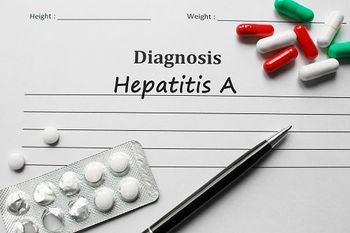
Dr. Monique Foster, CDC, and Dr. Eric McDonald, San Diego County Health and Human Services Agency, discuss the surprising return of hepatitis A virus as part of the Late Breakers I symposium.

A new study finds that certified nursing assistants working in long-term care facilities are not changing their gloves as often as they should, running the risk of spreading infection.
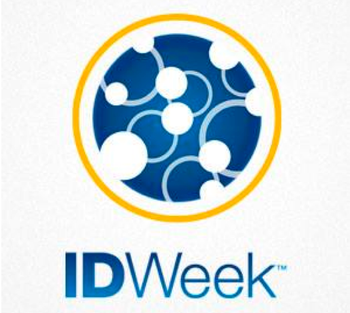
Contagion® will be providing exclusive coverage on the conference, and so, keep your eyes peeled for session coverage and interviews with some of the key presenters.

The CDC’s most recent Sexually Transmitted Disease Surveillance Report shows that the rates of sexually transmitted diseases have reached a record high in the United States.
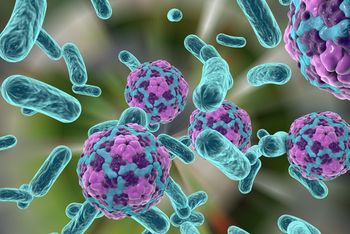
Officials from the Los Angeles County Department of Public Health declare a local hepatitis A outbreak, as HAV outbreaks continue in San Diego and Santa Cruz.

CDC investigators link large norovirus outbreak in Catalonia, Spain with office water coolers.

Janssen Research & Development submits a new drug application for a darunavir-based once-daily, single-tablet regimen for the treatment of HIV in adults and adolescents 12 years and older.
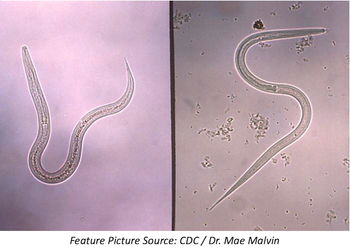
Despite thoughts that hookworm had been eradicated from the United States, a new study finds the parasite in Lowndes County, Alabama, begging the question—was it ever really gone?
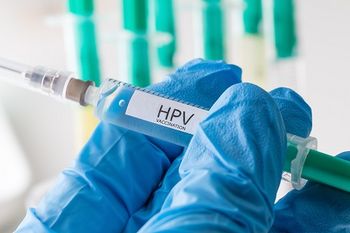
Researchers from the Moffitt Cancer Center find that the newest HPV vaccine protects against 9 cancer-causing strains of the virus.

WHO report confirms that “the world is running out of antibiotics” to treat resistant priority pathogens
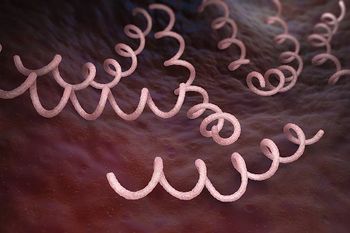
A report released by the Wisconsin DOH shows a 58% increase in syphilis cases from 2015 to 2016.
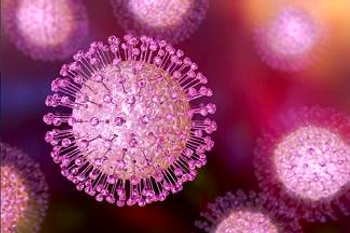
In this update, we cover the latest news this past week associated with the Zika virus.

Thirty-seven individuals have been infected in ongoing multistate Salmonella Agbeni outbreak that has been linked with pet turtles.
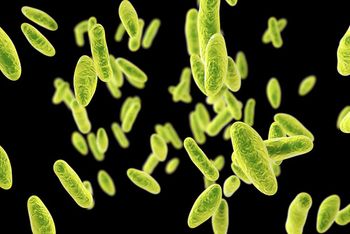
The CDC has issued a health advisory on a rifampin/penicillin-resistant strain of RB51 Brucella that has been contracted by a Texas resident through the consumption of raw milk.

Puppies sold by national pet store chain have been identified as the potential source of an ongoing multistate Campylobacter outbreak.
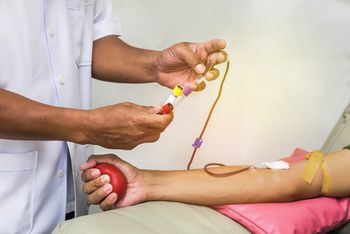
The New York State Department of Health warns of potential disease exposure in two facility locations in Westchester County.
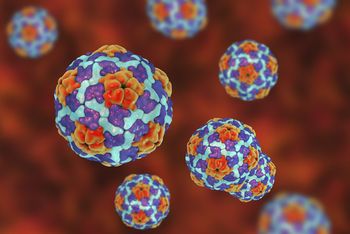
A hepatitis A outbreak rages on in San Diego California, claiming 16 lives thus far.

After being hit with severe flooding and a devastating mudslide, thus increasing risk of cholera infection, half a million individuals in Sierra Leone will now have access to a life-saving vaccine.
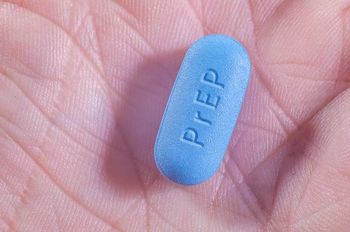
A NIH network study finds that pre-exposure prophylaxis, approved for daily use in adults, can also reduce chances of HIV infection in young male adolescents.
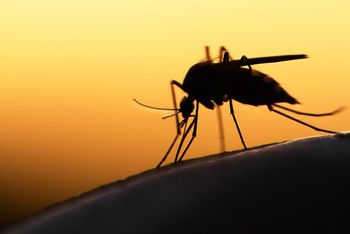
A relatively rare mosquito-borne virus has hit a couple of US states this summer, and it has health officials urging state residents to protect themselves against mosquito bites.
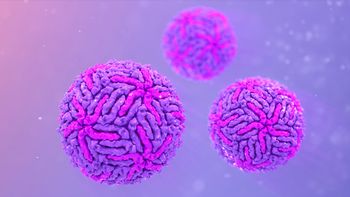
Keck School of Medicine at USC study has found that Zika virus suppresses pregnant women’s immune systems, which enables the virus to spread, causing harm to unborn baby.

NIH study sheds light on the mechanism behind increased cardiovascular risks for those living with HIV.
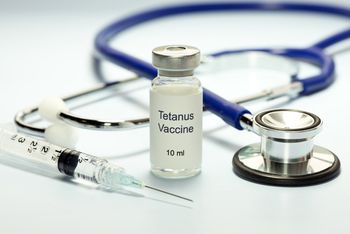
As Hurricane Harvey continues to dump heavy rains on Texas, health officials are urging residents to stay away from floodwater and get tetanus shots.
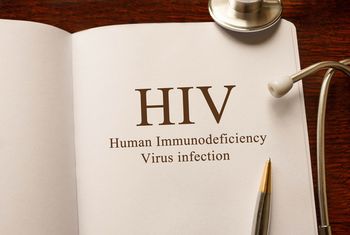
Scientists from Northwestern Medicine use a novel approach to gain a better understanding of the HIV lifecycle.
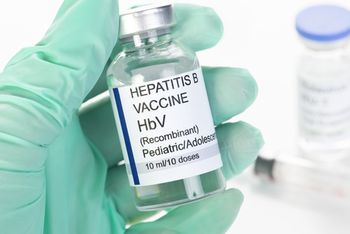
In an updated policy statement, the American Academy of Pediatrics recommends newborns receive their first dose of the hepatitis B (HBV) vaccine within 24 hours of birth to improve protection against the virus.

A recent review looking at research literature finds that cholera vaccines provide substantial protection for adults, but significantly less protection for children.
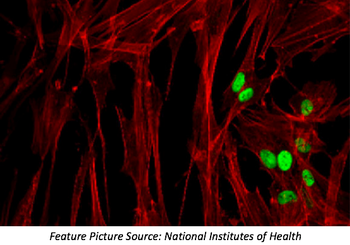
NIAID researchers make an unexpected discovery when examining how a cellular enzyme complex regulates herpesvirus; inhibiting the enzyme suppressed viral infection.
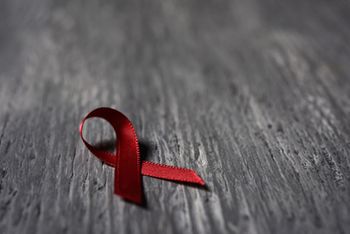
Dr. Brennan-Ing, ACRIA, shared in a presentation at the 125th Annual Convention of the American Psychological Association that a growing population is being overlooked when it comes to HIV treatment and prevention: older adults.